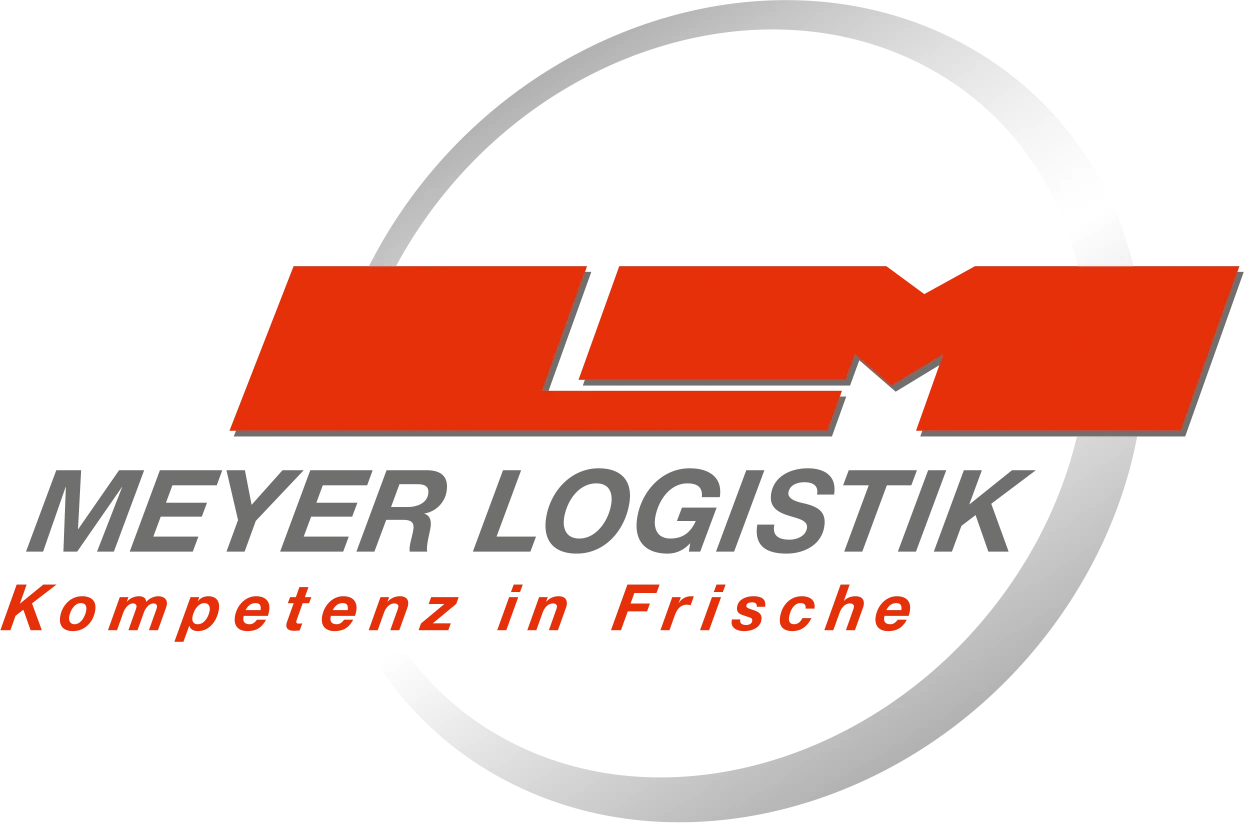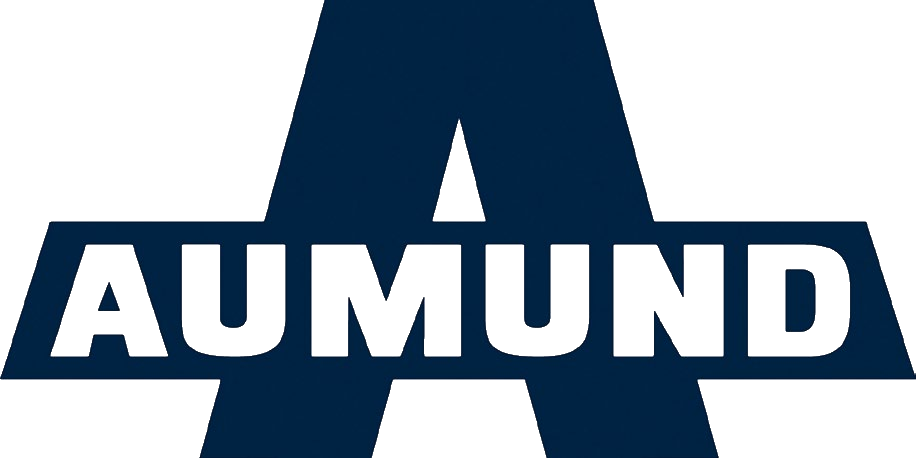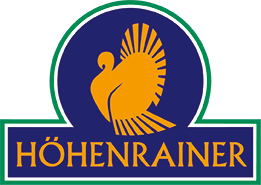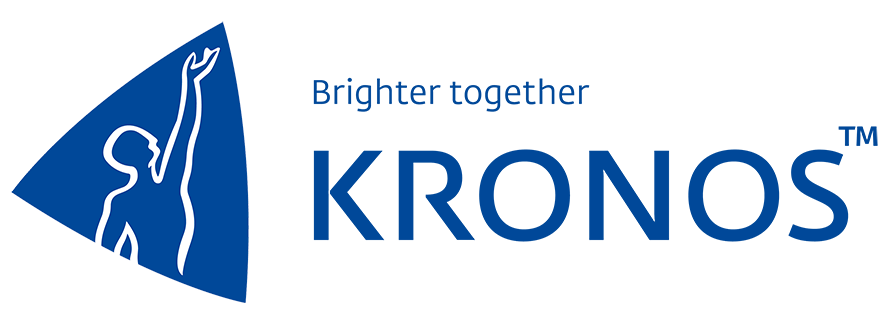Equine Dental Care Tips Checklist
Standardized protocol for equine dental care procedures, ensuring proper examination, cleaning, and maintenance of horses' teeth.
Pre-Equine Dental Care Check
FAQ
How can I integrate this Checklist into my business?
You have 2 options:
1. Download the Checklist as PDF for Free and share it with your team for completion.
2. Use the Checklist directly within the Mobile2b Platform to optimize your business processes.
How many ready-to-use Checklist do you offer?
We have a collection of over 5,000 ready-to-use fully customizable Checklists, available with a single click.
What is the cost of using this Checklist on your platform?
Pricing is based on how often you use the Checklist each month.
For detailed information, please visit our pricing page.
What is Equine Dental Care Tips Checklist?
Here's a potential answer:
Equine Dental Care Tips Checklist
- Age-based dental care: Schedule regular dental exams and cleanings for horses of all ages, starting from 6-12 months old.
- Dental checks with every vet visit: Have your veterinarian perform a thorough oral exam during each check-up to catch any issues early.
- Regular dental floating: Clean the horse's teeth every 6-12 months, depending on age and individual needs.
- Monitor for signs of dental problems: Keep an eye out for changes in appetite, chewing behavior, or overall health that may indicate dental issues.
- Proper hay and grain management: Ensure hay is fresh and clean, and feed grains at a consistent level to prevent uneven tooth wear.
- Use dental-grade equipment: Utilize proper tools and techniques when performing equine dental care to avoid causing harm or spreading disease.
- Train for handling and restraint: Educate yourself on safe and humane methods for restraining horses during dental procedures.
- Document your horse's dental history: Keep a record of your horse's dental exams, cleanings, and any issues that arise to inform future care decisions.
How can implementing a Equine Dental Care Tips Checklist benefit my organization?
Implementing an Equine Dental Care Tips Checklist can benefit your organization in several ways:
- Prevents health issues and reduces costs associated with equine dental problems
- Enhances the overall quality of care provided to horses
- Supports compliance with industry standards and regulations related to animal welfare
- Improves the reputation and credibility of your organization among horse owners and veterinarians
- Fosters a culture of prioritizing preventative care within your organization
- Helps attract and retain knowledgeable staff, as they can take pride in providing high-quality care
- Reduces stress and liability associated with equine dental-related problems
What are the key components of the Equine Dental Care Tips Checklist?
Dental examination and cleaning Teeth floating Check for sharp edges or points Regular brushing Proper nutrition Regular dental care check-ups with a veterinarian or equine dentist
Equine Dental Care Schedule
Dental Care Procedure
Monitoring and Maintenance
Dental Care Certification
Veterinary Consultation
Expense Reduction
 34%
34% Development Speed
 87%
87% Team Productivity
 48%
48% Generate your Checklist with the help of AI
Type the name of the Checklist you need and leave the rest to us.
 Made in Germany
Made in Germany Fair Pricing Policy
Fair Pricing Policy



























 Certified Security and Data Protection
Certified Security and Data Protection Active Support and Customer success
Active Support and Customer success Flexible and Fully customizable
Flexible and Fully customizable